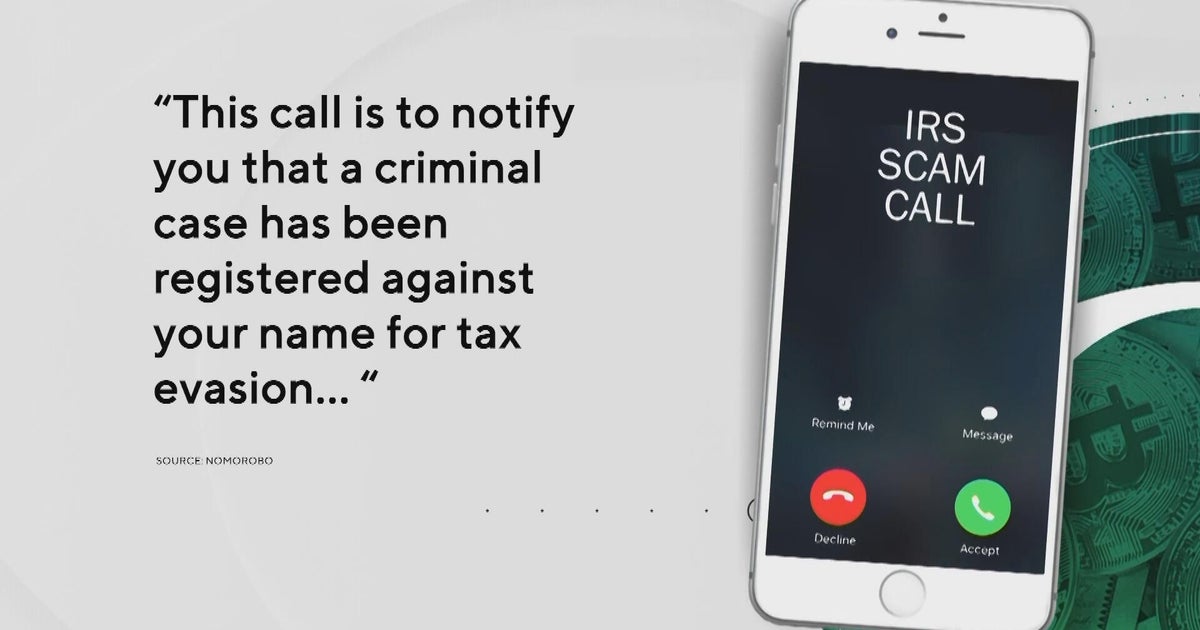Paris Olympics ticket scams rise ahead of the summer games. Here's what to look out for.
Cybercriminals are launching websites to try to sell fake tickets to the Paris 2024 Summer Olympic Games and looking for other ways to scam unsuspecting tourists. They're pouncing on the opportunity to dupe hopeful spectators into believing they're paying for access to sporting events, when in reality, the criminals are just after consumers' credit card information.
This type of crime is currently pervasive, with France's national police force saying it has identified more than 300 such sites. Many of the scam sites originate from outside the nation, according to French media reports. Law officials have successfully taken down at least 50 of them.
Olympics and Paris-related scams aren't limited to illicit ticket sales, though, or to the internet. Criminals are masterminding all manner of schemes, including hacking public wifi networks, creating fake listings for accommodations and stealing tourists' valuables like cell phones, wallets and watches.
On the ticket scams front, the fraudulent websites often contain some combination of the words "Paris", "Olympics", or "2024," but are not official ticketing partners. Instead, they are phishing websites that mimic the Olympics' official site.
"They'll sell fake tickets or tickets they don't actually possess at inflated prices, leaving buyers without valid entry to events they pay for," Zulfikar Ramzan, chief scientist at digital security company Aura, told CBS MoneyWatch. "They'll set up fake websites, send fake emails to guide people to websites that are made to look legit with the Olympic logo and look pixel perfect, so to speak, to trick people to give away their password and credit card information."
Fake apartment listings
Scammers are also creating fake websites with photos of accommodations that don't reflect reality, or advertise a hotel or rental that may not even exist.
"Scammers create fake listings, and try to overcharge for accommodations that might not exist or be as advertised," Ramzan said. Again, the ultimate goal again is to obtain foreigners' personal payment details. For this reason Ramzan encourages travelers to book their stays through trusted channels like Airbnb, or a hotel's website.
"Avoid making payments outside of secure channels to prevent, or remediate, fraud if it were to occur," Ramzan said.
Beware of public wifi networks
It can be worth paying for an international roaming pass from your mobile carrier in order to make calls, send messages and browse the internet while abroad to avoid data theft. That's because connecting to public wifi can lead to potentially devastating consequences as criminals could be eavesdropping and intercepting personal data, according to Dimitri Sirota, CEO of BigID.
For instance, a 10-day pass from T-Mobile costs $35, while AT&T offers customers an international pass for $12 a day that lets them use their phone like they would at home.
"Avoid connecting to unnecessary open Wifi networks," he told CBS MoneyWatch.
Physical theft
Leave your Apple Watch and other devices at home, if you can, Sirota also advises. "Minimize the devices you take with you if you can, as people will try to physically steal them or get malware on them. If you don't have to take a laptop, don't," he said.
"Like at any large event, there's a physical risk of having mobile phones and wallets stolen when you're just milling around," he said. Thieves will be looking to rip off visitors as they commute to and from Olympic event stadiums via the metro or on buses.
Amanda Rollins, who runs an Instagram account called @AmericanFille and calls herself a "France education influencer," warns her followers of some of the most common physical scams to be alert to in the City of Light. She offers general rules of thumb like, "Never feel obligated to converse with solicitors in the street," and "Remember, a person only accepting a cash payment for a normal service is a red flag."
And while not quite a scam, some Parisian restaurants are eager to take advantage of American tourists in particular, who are accustomed to leaving gratuity with meals.
Keep in mind that restaurant bills in Paris automatically include a service fee of 15% to cover servers' wages, and diners typically only leave a couple of euros extra, referred to as a "pourboire" (literally meaning "for drink").



